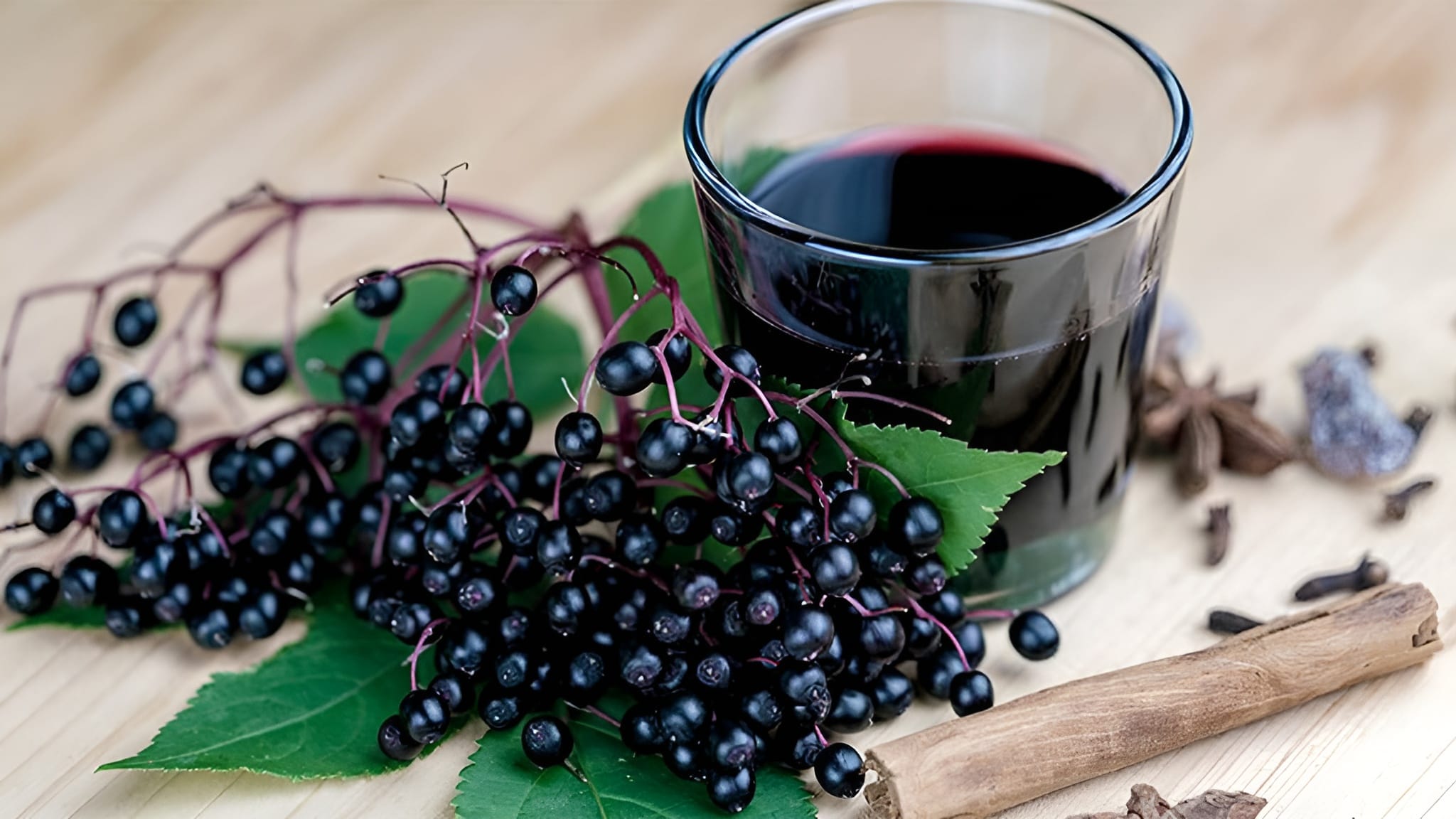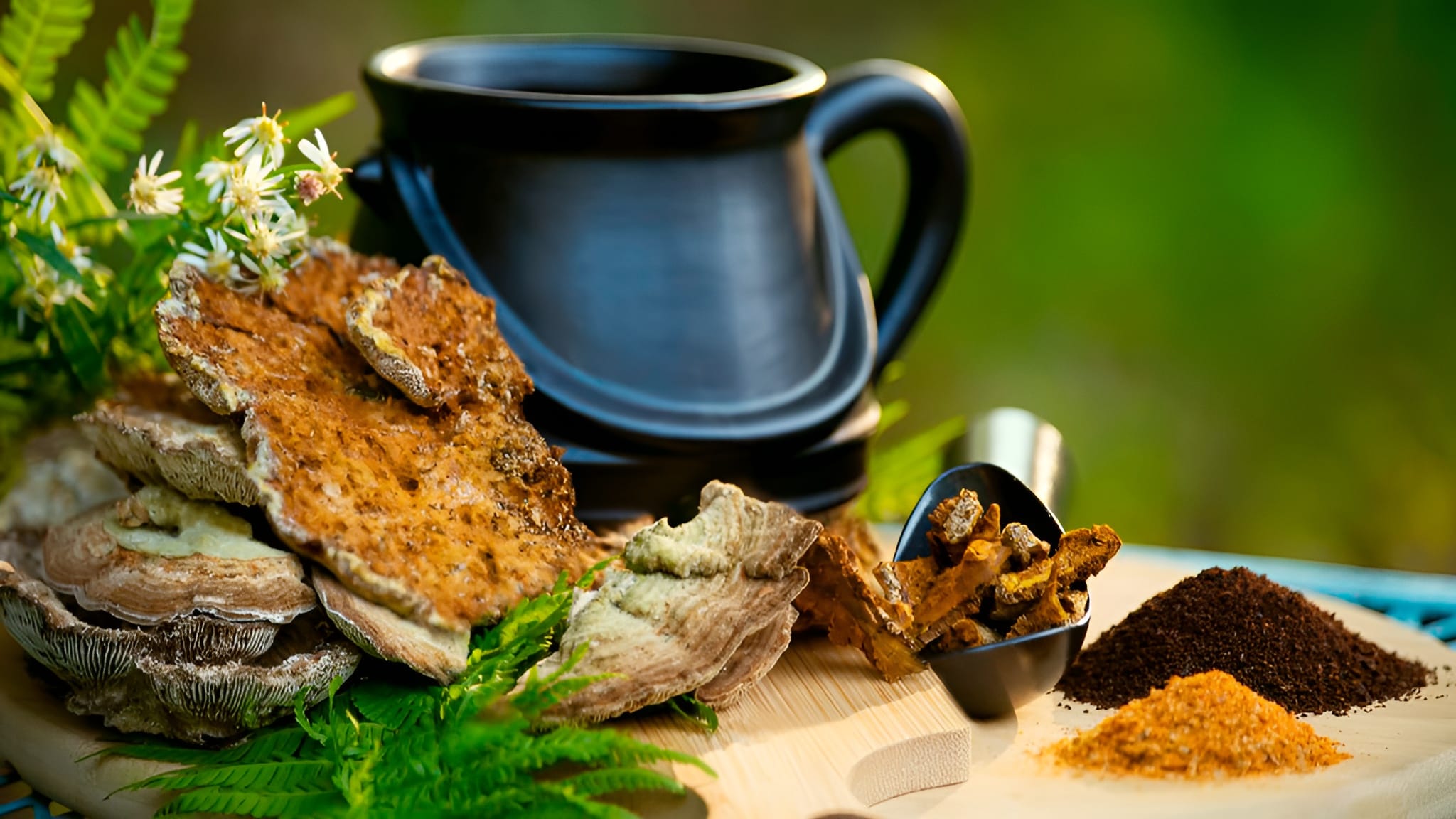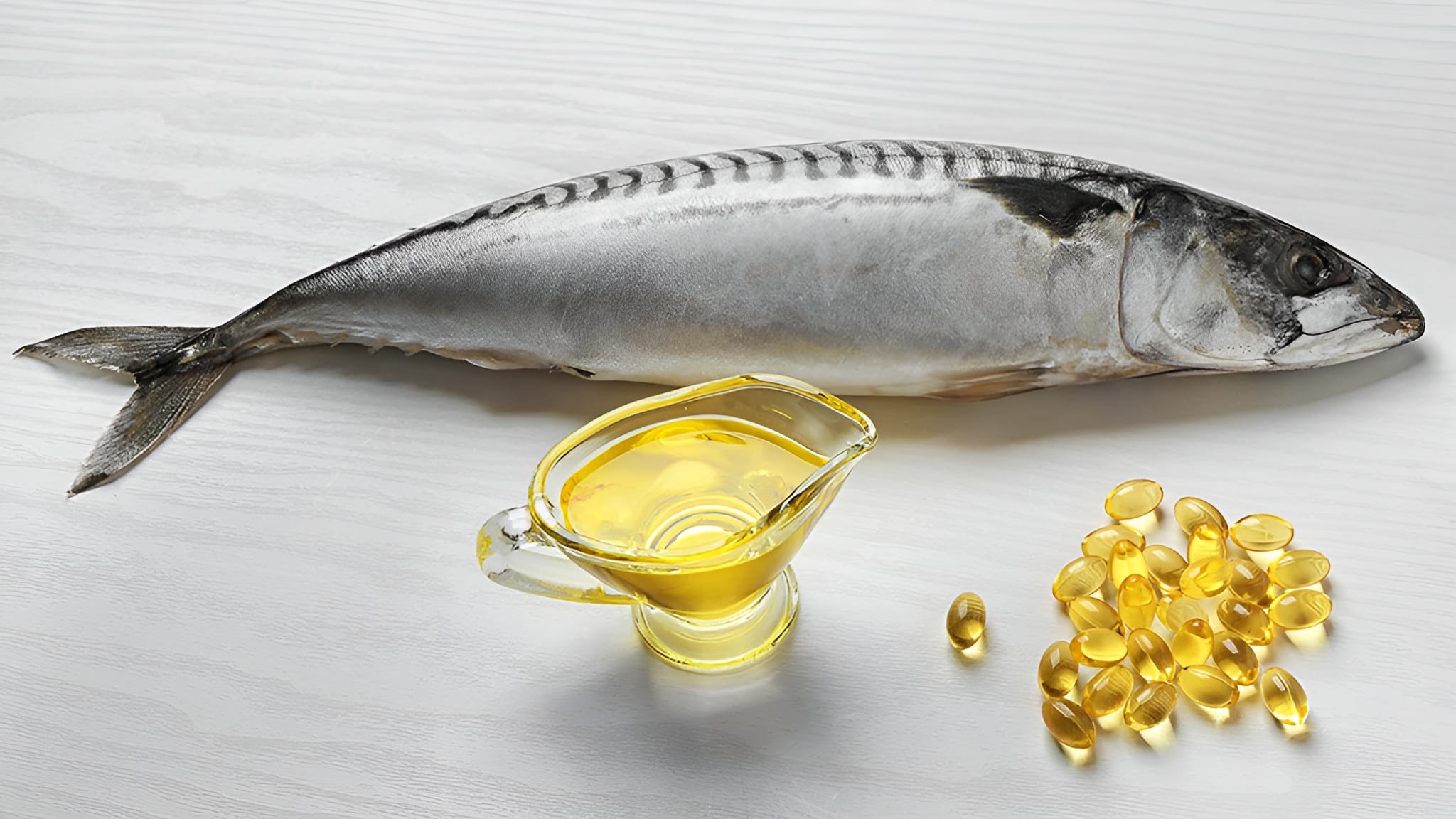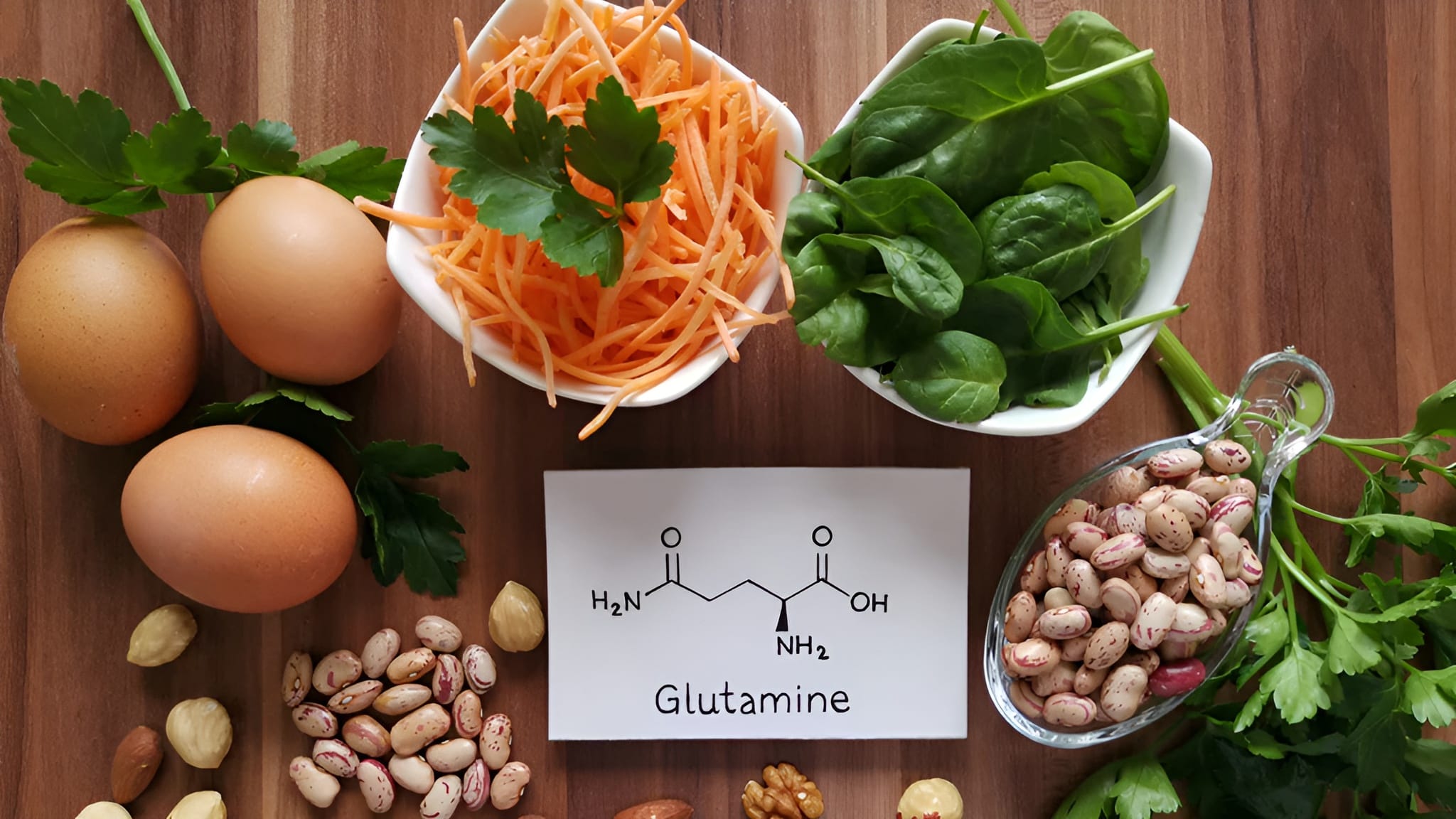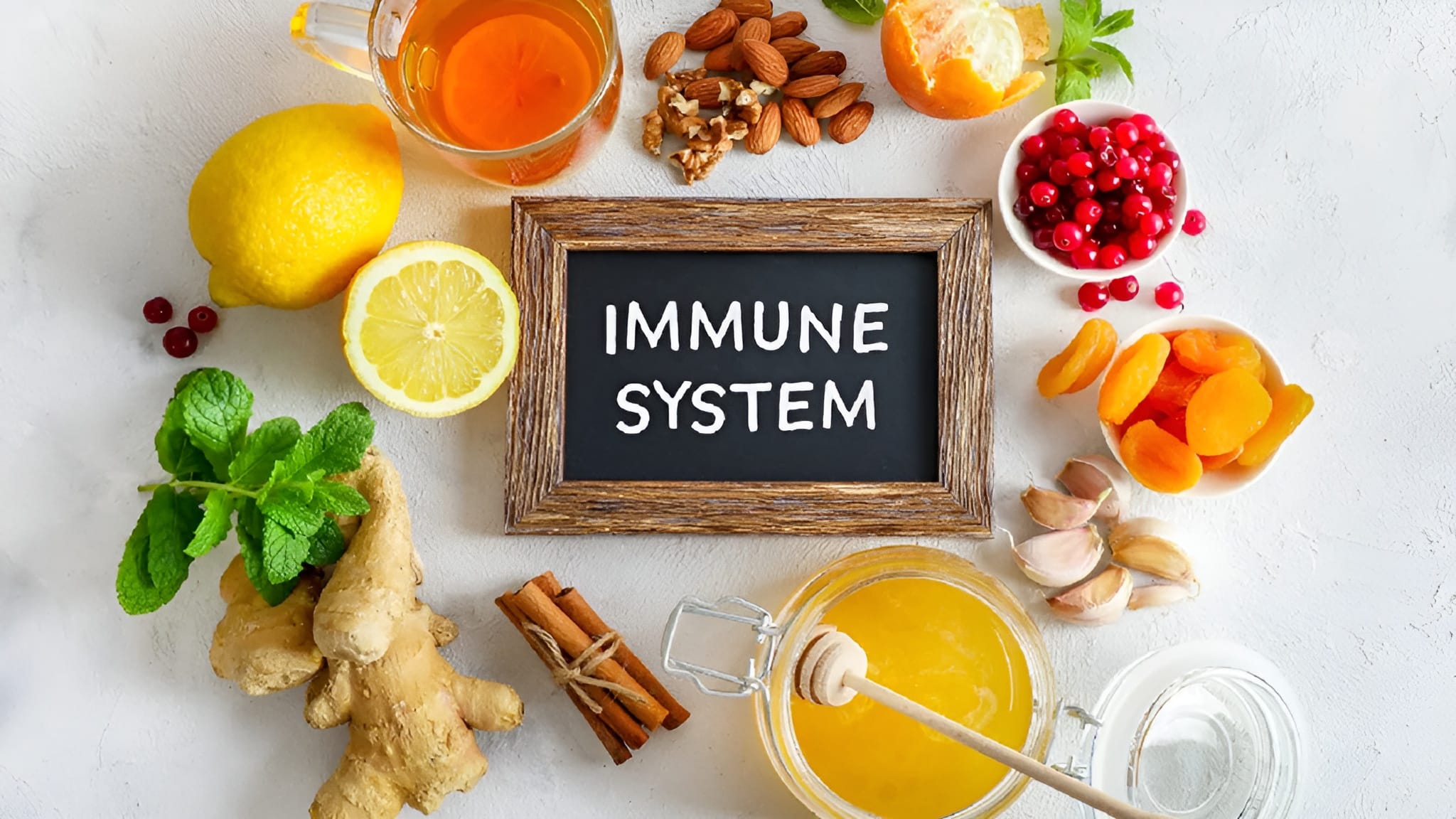Elderberry is a popular natural remedy known for its impressive health benefits, especially for immune support. But you might have heard whispers about elderberry as a blood thinner. Is there any truth to this claim?
While some evidence suggests that elderflower (the flower of the elderberry plant) may have mild blood-thinning properties, the effects are generally considered insignificant. There haven’t been any major scientific studies to thoroughly investigate the blood-thinning potential of elderberry.
Therefore, it’s not recommended to use elderberry as a blood thinner in place of conventional medications. However, elderberry can still offer valuable support for cardiovascular health. [1]
Table of Contents
Elderberry's Cardiovascular Benefits
Even though it might not be a potent blood thinner, elderberry has several potential benefits for your heart and circulatory system.
Improved Blood Circulation
Elderberry has been traditionally used to improve blood circulation, particularly in the peripheral areas like the hands, feet, and skin [2]. It can help alleviate symptoms like blueish extremities, pale skin and even varicose veins, promoting a healthy appearance.
- Pairing elderberry with Omega-3s for circulatory support can further promote flexible blood vessels and balanced cardiovascular function
Cholesterol Management
Some clinical trials suggest that elderberry may help reduce cholesterol buildup in blood vessels, although more research is needed to confirm this effect [3].
- Herbal combinations like Ginkgo + Ginseng for healthy blood flow also encourage nitric oxide production, supporting vascular tone and healthy circulation.
Blood Sugar Regulation
Elderberry can help manage blood sugar levels by inhibiting alpha-glucosidase, an enzyme that breaks down dietary starches into glucose [4]. This, combined with its potential to increase insulin production, makes elderberry a valuable tool for managing diabetes and prediabetes, conditions often linked to heart disease. Beyond circulation and cardiovascular health, many people are also curious about elderberry’s potential role in weight loss and metabolism.
Uric Acid Reduction
Elderberry can help lower uric acid levels in the blood [5]. Uric acid plays a role in blood pressure regulation, and reducing its levels may have positive effects on cardiovascular health.
Important Considerations for Elderberry Use
Consult Your Doctor: While the potential cardiovascular benefits of elderberry as a blood thinner are intriguing, it’s crucial to consult your doctor before using it, especially if you’re taking medications or have underlying health conditions. To round out heart support, nutrients like CoQ10 for heart energy help fuel cardiac mitochondria and maintain steady energy for your cardiovascular system.
- Of course, elderberry isn’t only valued for health purposes — many people enjoy exploring its unique flavor and culinary uses as well.
Dosage and Preparation: Elderberry is available in various forms, including syrups, capsules, and teas. Follow recommended dosage guidelines and avoid consuming raw elderberries, as they can cause nausea.
Beyond Blood Thinning: A Nutritional Powerhouse
In addition to its potential cardiovascular benefits, elderberry is a nutritional powerhouse, packed with:
- Vitamin C: A potent antioxidant that supports immune function.
- Anthocyanins: Antioxidant and anti-inflammatory compounds that give elderberries their dark color.
- Flavonoids: Another group of antioxidants with various health benefits.
- Phenolic Acids: Antioxidants that contribute to elderberry’s protective effects.
Embrace the Power of Elderberry
While the blood-thinning properties of elderberry are still under investigation, its potential benefits for cardiovascular health and overall well-being are undeniable. Incorporate elderberry into your diet responsibly and enjoy its many health-promoting properties.
If you’re scared of the taste, we have an article outlining what elderberry tastes like.
FAQ
Not meaningfully. Evidence for elderflower shows only mild, inconsistent effects. There’s no strong clinical proof that elderberry acts as a reliable blood thinner, so don’t use it in place of prescribed anticoagulants.
Data is limited. Because elderberry has antioxidant/polyphenol activity, clinicians often recommend caution due to potential additive effects. If you’re on any anticoagulant/antiplatelet, talk to your doctor before using elderberry and stop 1–2 weeks before surgery unless your clinician says otherwise.
There’s no official “therapeutic” dose. Choose a reputable syrup, capsule, or tea and follow the label. Avoid raw or unripe berries (they can cause GI upset). If you’re managing a condition or medication, confirm the dose with your provider.
Early research suggests elderberry’s anthocyanins may support vascular function and healthy cholesterol balance, but results are preliminary. Think of it as a supportive food/herb—pair it with proven lifestyle steps (movement, fiber-rich diet, sleep).
Lab studies show elderberry can inhibit α-glucosidase and may help post-meal glucose control. If you use diabetes meds, monitor closely and clear it with your doctor—elderberry isn’t a substitute for treatment.
Pregnant or breastfeeding people, anyone with autoimmune conditions, and those on blood thinners or diabetes medications should get medical guidance first.
Cites and Sources
No Citations
Show Citations
[1] - Sidor, A., & Gramza-Michałowska, A. (2014). Advanced research on the antioxidant and health benefit of elderberry (Sambucus nigra) in food – a review. Journal of Functional Foods, 18, 941–958. https://doi.org/10.1016/j.jff.2014.07.012
[2] - Kashi, D. S., Shabir, A., Da Boit, M., Bailey, S. J., & Higgins, M. F. (2019). The efficacy of administering Fruit-Derived polyphenols to improve health biomarkers, exercise performance and related physiological responses. Nutrients, 11(10), 2389. https://doi.org/10.3390/nu11102389
[3] - Farrell, N., Norris, G., Lee, S. G., Chun, O. K., & Blesso, C. N. (2015). Anthocyanin-rich black elderberry extract improves markers of HDL function and reduces aortic cholesterol in hyperlipidemic mice. Food & Function, 6(4), 1278–1287. https://doi.org/10.1039/c4fo01036a
[4] - Salvador, Â., Król, E., Lemos, V., Santos, S., Bento, F., Costa, C., Almeida, A., Szczepankiewicz, D., Kulczyński, B., Krejpcio, Z., Silvestre, A., & Rocha, S. (2016). Effect of Elderberry (Sambucus nigra L.) Extract Supplementation in STZ-Induced Diabetic Rats Fed with a High-Fat Diet. International Journal of Molecular Sciences, 18(1), 13. https://doi.org/10.3390/ijms18010013
[5] - Kuwabara, M. (2015). Hyperuricemia, cardiovascular disease, and hypertension. Pulse, 3(3–4), 242–252. https://doi.org/10.1159/000443769

